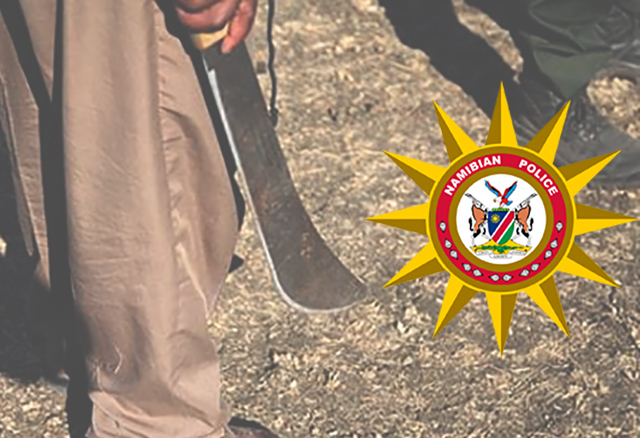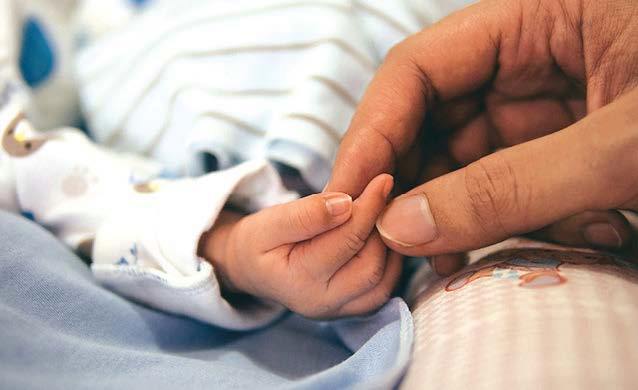THE European Union has said it plans to slash import tariffs for goods coming from developing countries by more than a third.
Head of Delegation of the European Commission in Namibia, Ambassador Antonius Brueser, said last week Europe plans to “slash our import tariffs by more than a third, zero our export subsidies for products of interest to developing countries, reduce trade distorting farm support by more than half, which also contains specific actions to give developing countries a better deal”. Brueser was speaking at a trade seminar held in the capital on Thursday, to discuss improving trade relations between the EU and Africa.Brueser said European countries would ensure zero duties on at least half of imports from developing countries and a special proposal which would allow crops key to food security in developing countries be protected through special safeguard mechanisms.He pointed out that the EU is already the developing world’s largest importer of farm products from developing countries taking more than the US, Canada, Japan and Australia combined.Prime Minister Theo-Ben Gurirab said Europe and developing world “must, therefore continue the negotiating process, as cooperating partners, in order to ensure that all nations benefit from global trade and investment”.Deputy Minister of Trade and Industry, Bernhardt Esau said: “The main stumbling block at Cancun was the inability, or indeed unwillingness, of countries to reach a reasonable compromise on liberisation of the agricultural sector.The divide was clearly between developed and developing countries”.Issues which the Prime Minister highlighted as of critical importance for Namibia included agricultural subsidies developed nations pay their farmers, market access for non-agricultural products, intellectual property rights, skills development and capacity building.In aid of capacity building in Namibia, “the EU has committed itself to a N$30 million programme to support Namibia’s Trade and Regional Integration initiatives from 2004, including direct support to exporters,” Brueser said.Brueser was speaking at a trade seminar held in the capital on Thursday, to discuss improving trade relations between the EU and Africa. Brueser said European countries would ensure zero duties on at least half of imports from developing countries and a special proposal which would allow crops key to food security in developing countries be protected through special safeguard mechanisms. He pointed out that the EU is already the developing world’s largest importer of farm products from developing countries taking more than the US, Canada, Japan and Australia combined. Prime Minister Theo-Ben Gurirab said Europe and developing world “must, therefore continue the negotiating process, as cooperating partners, in order to ensure that all nations benefit from global trade and investment”. Deputy Minister of Trade and Industry, Bernhardt Esau said: “The main stumbling block at Cancun was the inability, or indeed unwillingness, of countries to reach a reasonable compromise on liberisation of the agricultural sector. The divide was clearly between developed and developing countries”. Issues which the Prime Minister highlighted as of critical importance for Namibia included agricultural subsidies developed nations pay their farmers, market access for non-agricultural products, intellectual property rights, skills development and capacity building. In aid of capacity building in Namibia, “the EU has committed itself to a N$30 million programme to support Namibia’s Trade and Regional Integration initiatives from 2004, including direct support to exporters,” Brueser said.
Stay informed with The Namibian – your source for credible journalism. Get in-depth reporting and opinions for
only N$85 a month. Invest in journalism, invest in democracy –
Subscribe Now!








